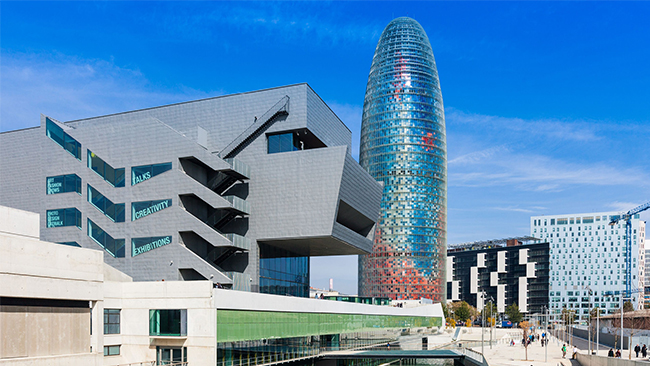×
It looks like you're using an obsolete version of internet explorer. Internet explorer is no longer supported by Microsoft since the end of 2015. We invite you to use a newer browser such as Firefox, Google Chrome or Microsoft Edge.
Protecting the Heart in Cancer Patients: The Role of Cardio-Oncology
European Medical Journal
Abstract
Cardiac disease often impacts cancer therapy, from direct toxicity of cancer therapeutic agents to the coronary endothelium, the myocardium, heart valves, and other structures. This has spawned the development of cardio-oncology programmes, emphasising collaboration between oncologists and cardio-oncologists in order to develop cardiologists with expertise in understanding the impact of various cancer regimens on the heart and developing programmes to manage or prevent heart damage. Cardiac disease and cancer both become more common as people age, as such cardiac disease, including coronary disease, should be screened for and risk factors treated when possible. Cancer-caused cardiac damage is much more responsive to therapy if treated early, so protocols for monitoring heart function to identify early injury need to be established and followed. Newer measures of ventricular function can identify heart injury before a reduction in ejection fraction to permit early initiation of therapy, and protocols to utilise these measures need to be incorporated into routine surveillance. Research is underway to evaluate regimens for cardiac protection prior to the cancer therapy, but at present, the data do not permit broad recommendations.
Ronald J. Krone
Washington University School of Medicine, St. Louis, Missouri, USA
Correspondence to rkrone@wustl.edu
